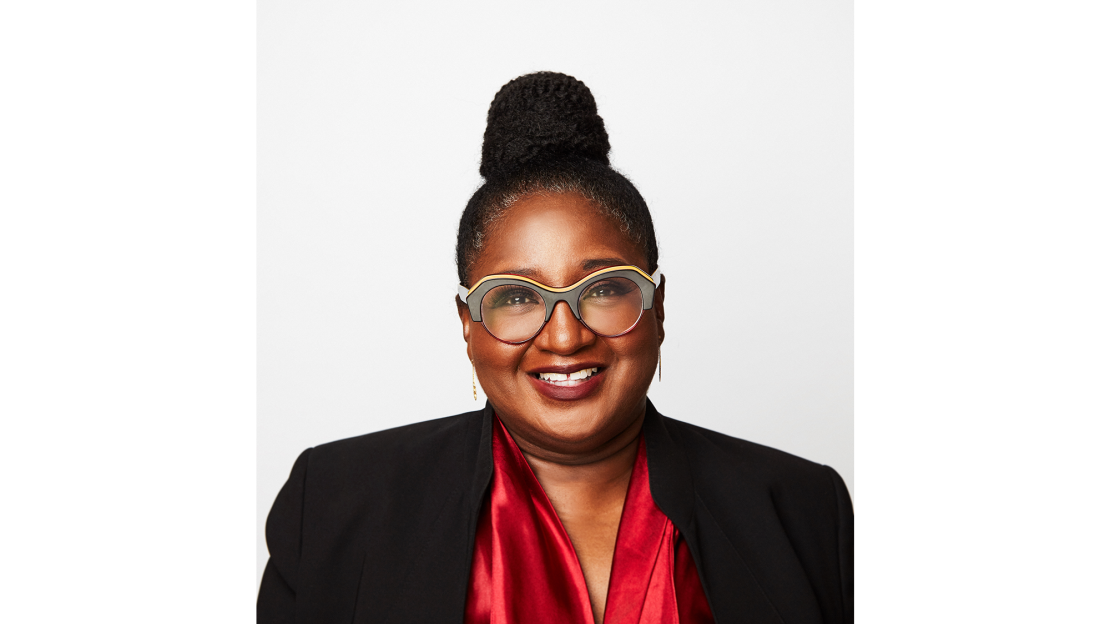It was the winter of 1991 and several women had barricaded themselves in a downtown Toronto building.
Local Black and racialized women had spent years advocating for a centre that would address the inequities they faced in the health-care system, and it seemed like the Ontario government was finally listening. Funding was approved, staff were hired and a location was chosen. Then the government cancelled the project.
Notisha Massaquoi, a student at the time, eventually designed the services and structure of the centre. Its founding members staged a sit-in and occupied the building they’d been promised. When heat and water were cut off, Massaquoi helped sneak blankets and food inside. The protest lasted one week before the government made good on its word. To this day, Women’s Health in Women’s Hands (WHIWH) is the only community health centre in North America that offers specialized primary health-care to Black and racialized women.
“In terms of Black women advancing health-care, I tend to say it’s not a glass ceiling, it’s a cement one,” says Massaquoi, assistant professor in the department of health and society at U of T Scarborough and a world-renowned researcher in health equity.
Most of Massaquoi’s career has been dedicated to spotlighting and fighting inequities Black women face in Canadian health-care. She was recently given the 2023 YWCA Toronto Women of Distinction Award, a prestigious award celebrating women who further gender equality in their field.
Massaquoi came to Toronto to attend graduate school, when the city was in the throes of the HIV pandemic. The crisis disproportionately impacted gay men, and people from African, Caribbean and Black communities, so Massaquoi initiated Canada’s first counselling support programs for Africans living with HIV and helped to create Africans in Partnership Against AIDS, an organization that provides culturally grounded education on HIV/AIDS.
Stigma was rampant and physicians were unwilling or unprepared to treat Black patients. Massaquoi had just started as a young social worker then, and within the first year of starting the programs, every person who’d come to her for help had died.
“I was not prepared to deal with death in that way, and not for any reason other than lack of access to health-care,” she says. “It shaped everything about my research and what I intended to do. I never wanted anyone to experience that again.”
Massaquoi went on to serve as executive director of WHIWH for 22 years. She noticed many of the centre’s clients were travelling from Scarborough, about an hour away. Massaquoi then created the proposal and structure for what would become TAIBU Community Health Centre, a community-led organization that prioritizes Black communities across the GTA, located in Malvern.
“Health equity for me is the understanding that people with the lived experience of the inequity are the only experts that can help you find solutions,” she says.
Almost a decade later, Massaquoi was appointed to co-chair an anti-racism advisory committee for the Toronto Police Services (TPS) board following the death of Andrew Loku, a Black man living in Toronto who was murdered by police. She then spent several years leading the development of TPS’ race-based data collection policy, marking the first time a police department in Canada was required to collect data on the races of every citizen that police interact with. She was named one of the 50 most influential Torontonians of 2022 by Toronto Life for her work.
After a 30-year career, she was ready to retire. She stepped down from her executive director role at the WHIWH in December of 2018 but by January 2019, the COVID-19 pandemic had begun. Months later, George Floyd was murdered by a police officer.
“What I saw at the beginning of the COVID-19 pandemic was no attempt to collect race-based data,” she says. “That told me we still have another leg of this road to travel.”
Massaquoi decided she wanted to focus on the next generation, and “dust off the PhD.” She received the 2020 Provost’s Postdoctoral Fellowship at U of T’s Factor-Inwentash Faculty of Social Work and researched the relationship between violence and health in Black communities.
She joined U of T Scarborough last year and founded the Black Health Equity Lab (BHEL), a lab dedicated to not just researching health-care inequalities faced by the Black community in Toronto, but co-creating solutions. Its inaugural project is a collaboration with TAIBU Community Health Centre to develop Ontario’s first clinical program for Black people living with HIV, which will provide immediate and specialized support.
“People can’t be complacent and say ‘Well, we're better off than we were 20 years ago.’ We all still have to be outraged at inequity. And then we all have to act on that collective outrage,” says Massaquoi, director of the BEHL.
